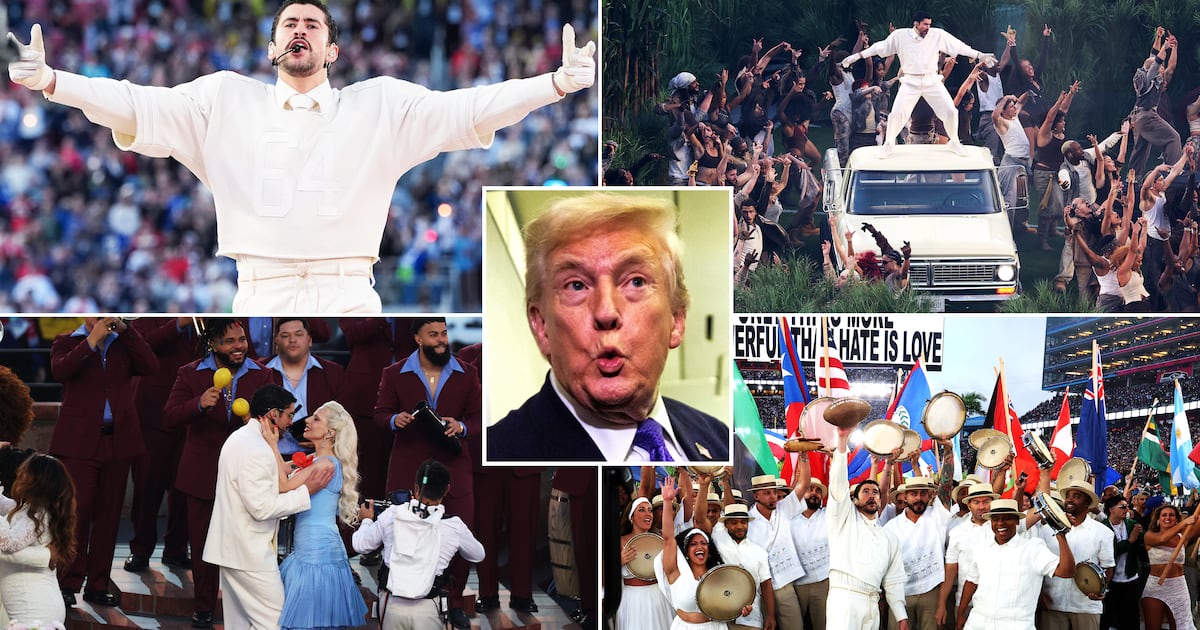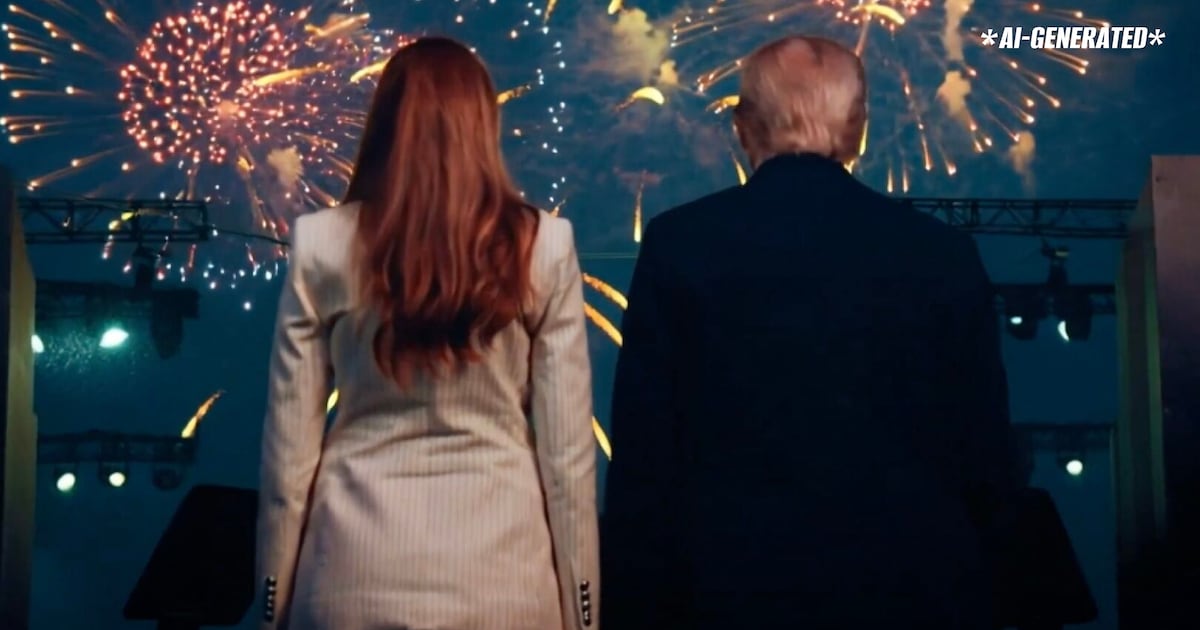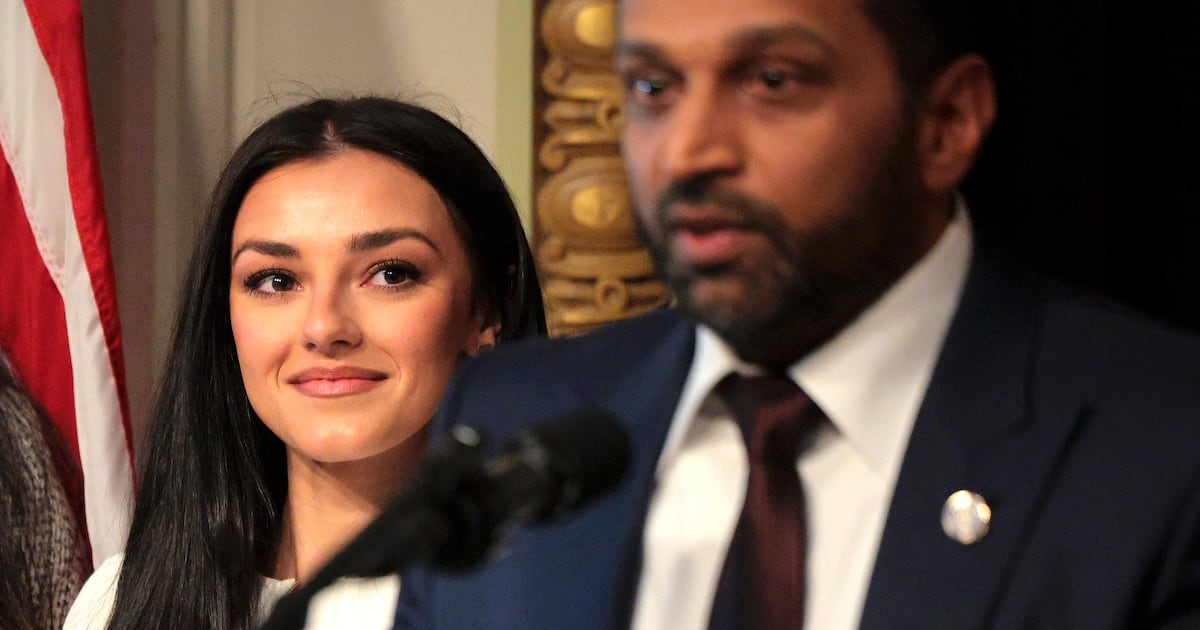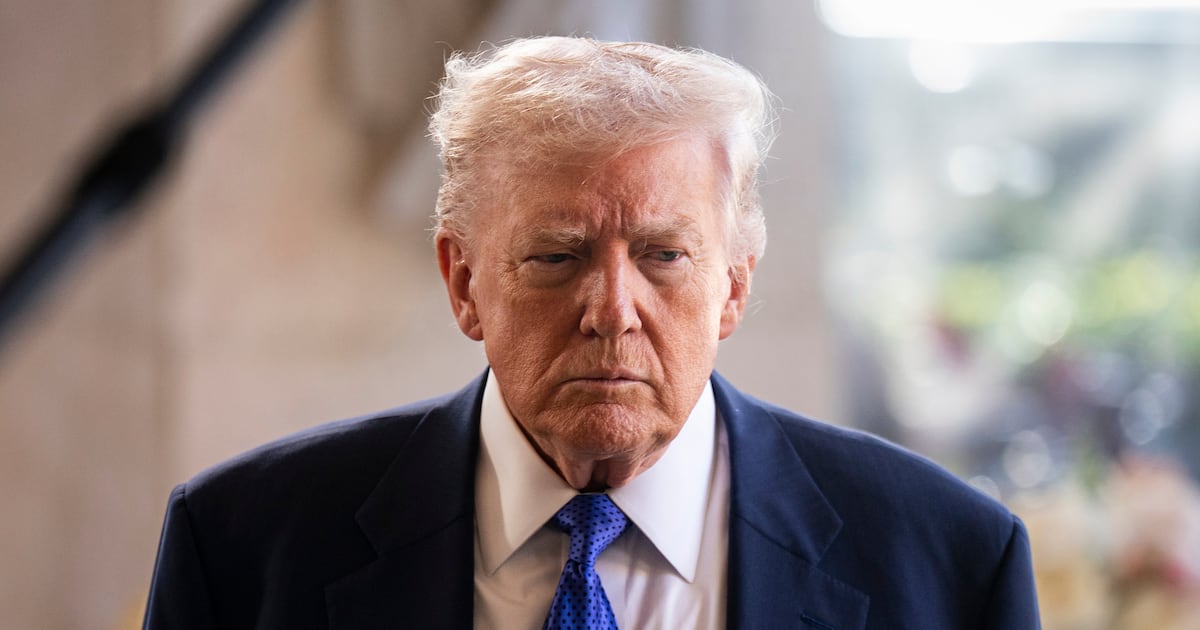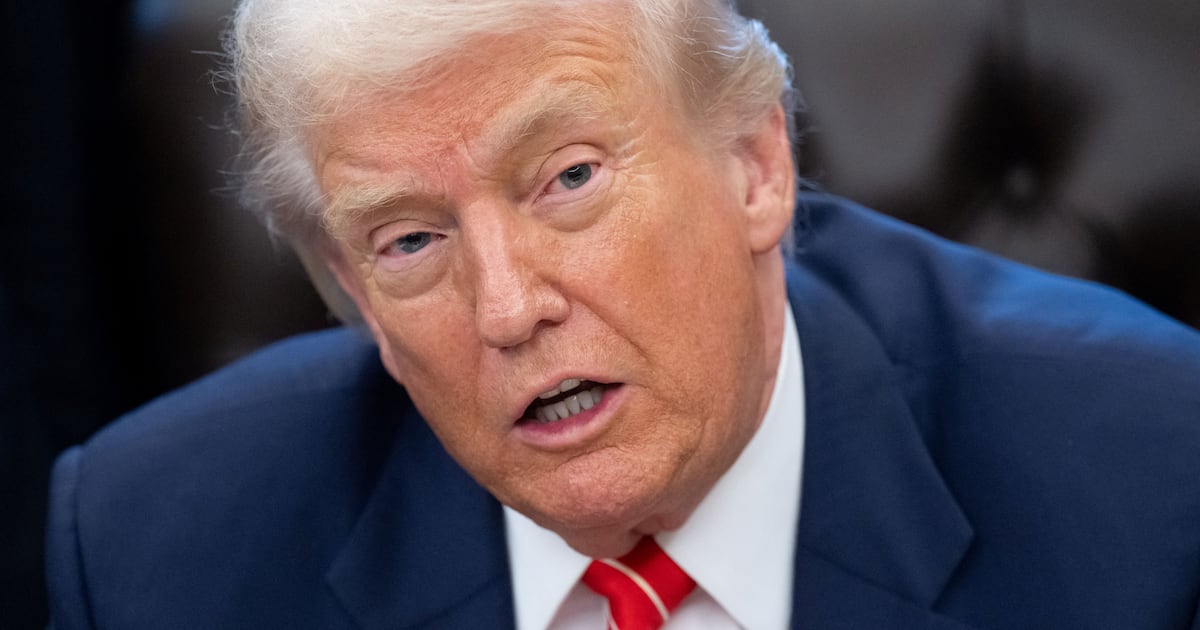King Charles Tuesday expressed “deepest regret” for “the wrongs of the past” at a state banquet in Nairobi, but stopped short of outright apologizing for Britain’s brutal and bloody repression of the Mau Mau uprising in Kenya between 1952 and 1960.
Thousands of people were killed by British forces during the “Kenya emergency” and Charles had been under intense pressure to make a full and unambiguous apology to the people of Kenya ever since it emerged that Kenya would be the first Commonwealth country he would visit as king.
At the state banquet on Tuesday, he came closer to doing so than many had imagined he might, but seemed unwilling to go all the way, or to open a conversation about reparations, as many campaigners had demanded.
Charles said: “The wrongdoings of the past are a cause of the greatest sorrow and the deepest regret. There were abhorrent and unjustifiable acts of violence committed against Kenyans as they waged a painful struggle for independence and sovereignty—and for that, there can be no excuse.”
Reuters reported that Kenyan President William Ruto praised Charles for his willingness “to shed light on uncomfortable truths that reside in the darker regions of our shared experience.”
While many Kenyans have welcomed the king’s visit, there have also been protests and dissenting voices. The Kenya Human Rights Commission urged Charles to make an “unequivocal public apology” and pay reparations for abuses committed by colonial authorities.
Dominic Kirui, a Kenyan double Olympian and writer, told The Daily Beast he was unimpressed by Charles’ comments at the dinner, saying: “He only made blanket statements and no direct apologies to the people of Kenya, and no reparations for the wrongdoings. People still have scars from the painful struggle for independence, and those driven out of their land still haven’t gotten it back. They continue to suffer elsewhere without a source of livelihood.”
The British government in 2013 admitted wrongdoing and paid around $25 million in compensation to more than 5,000 elderly Kenyans who it admitted were tortured and abused “at the hands of the colonial administration.”
However, a further 40,000 Kenyans who sued the U.K. lost their case in 2019.
Sources in the king’s camp had been at pains to point out to The Daily Beast that royal visits are undertaken “at the request of the British Government” and that the matter of making of a formal apology would not be in the personal prerogative of the king.


